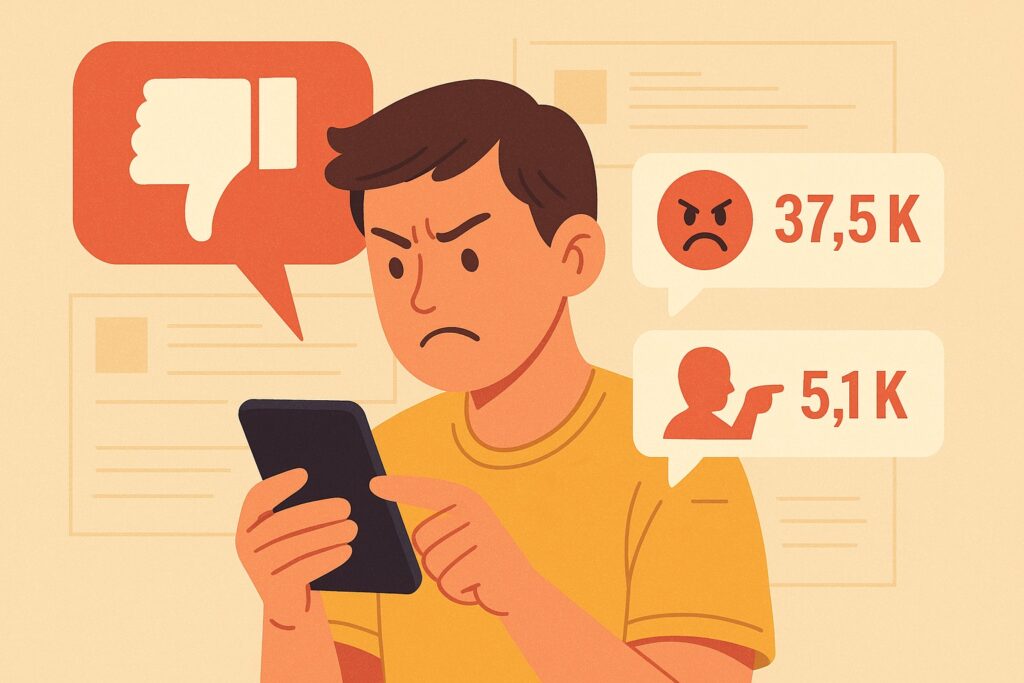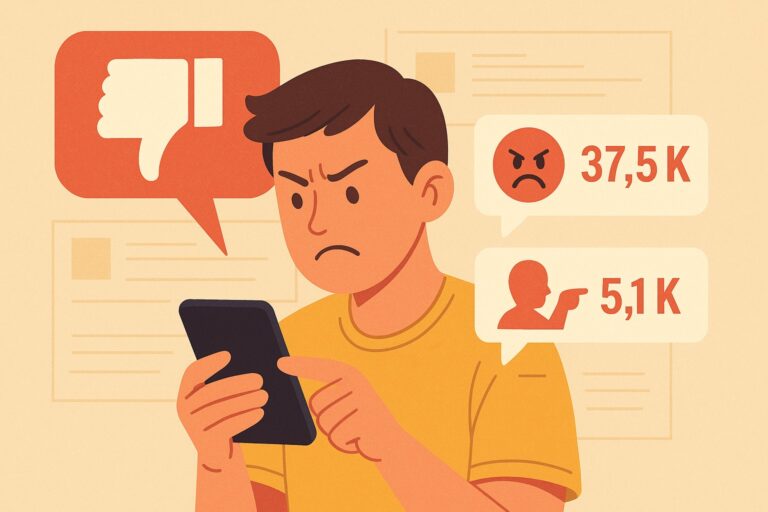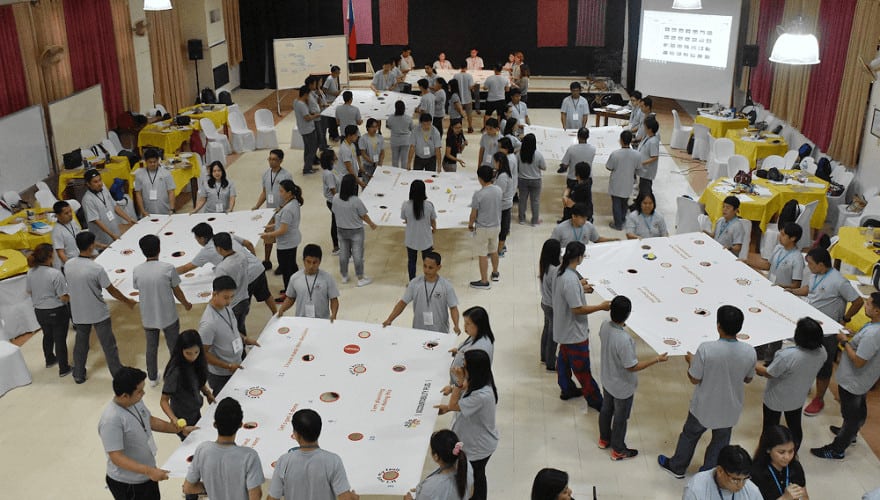Imagine this. Rain falls hard for hours. You step outside and the street looks like a river. You think, “Didn’t they say they built a flood control project here?” But all you see is water rising — and no one fixing it.
Next week, you hear that millions of pesos in “confidential funds” disappeared. No report. No names. No answers.
Then, on Sunday, a politician quotes the Bible online. He says, “The truth will set you free.” But when reporters ask for his SALN — the document that shows if he’s honest about his money — he hides it.
Nakakainis, di ba? You feel mad. You feel fooled. You scroll through Facebook, and there it is — a post that says exactly what you want to shout. You tap share, thinking, “Yes! People need to see this!”
But wait. What if the post you just shared wasn’t made to tell the truth — but to use your anger for likes, shares, and fame?
Some people online have learned how to turn your frustration into their power. One of them is Congressman Kiko Barzaga. He’s not just a content creator. He’s a public servant — someone who should lead with truth and ethics. But instead of explaining facts, he often posts things that make people react — fast and furious.
He once said, “Evidence is only necessary if we’re fighting within a court of law.” In other words, truth can wait; attention comes first.
His goal isn’t to teach, but to trigger. When you like, share, or comment — even if you say “this is fake” — the post spreads wider. It’s like throwing more wood into a fire that burns everyone’s trust.

What’s Really Going On
Let’s be honest — most people don’t share posts to spread lies. We share because something feels true. We want others to feel what we feel: “Tama! Someone finally said it!”
But here’s the trick. Some politicians, like Congressman Kiko Barzaga, have learned how to use emotion as a shortcut. They make posts that sound brave and look honest — but skip the facts. Why? Because viral posts bring attention. And attention brings power.
When asked about his controversial posts, Barzaga once said,
“Evidence is only necessary if we’re fighting within a court of law.”
That’s a polite way of saying: proof doesn’t matter as long as people react.
He isn’t trying to explain government policies or give clear answers. He’s trying to make people angry enough to click, share, and talk. Political strategist Alan German calls this “doing a tango with fake news” — dancing with lies, not to tell the truth, but to stir emotion.
Each share, each comment — even from those who disagree — makes the post fly farther. It’s like throwing paper into the wind; once it’s out there, you can’t control where it lands.
Half-Truths That Travel Fast
Barzaga’s favorite weapon is the quote card — a picture with someone’s words on it. At first glance, it looks simple. But here’s the problem: the words are often taken out of context. He doesn’t say when or where the quote was said, so it’s easy to twist the meaning.
Example: He once posted a quote card of Interior Secretary Jonvic Remulla saying,
“We are the last hope.”
But in the real speech, Remulla was talking about rescuers during a 911 system launch. He actually said, “We are the first responders.” Barzaga cut the first part and changed the meaning — turning a line about public service into a jab at another politician.
That one post got over 37,000 reactions and 5,000 shares. Millions saw it — many believed it. A few minutes of editing fooled an entire country for a day.
Now imagine what happens when thousands of people share it again and again, saying, “Look at this!” That’s how misinformation spreads faster than truth — not because of liars, but because of angry, well-meaning people who share too quickly.
Turning Outrage Into a Business
This cycle has a name: enshittification. It’s a big word, but the idea is simple — when platforms and politicians care more about virality than values, everything starts to rot.
On social media, whoever gets the most clicks wins. So politicians learn to make posts that shock, anger, or amuse, instead of explain. That’s why serious issues like health care or education get ignored — they’re not exciting enough for algorithms.
In short: When attention becomes the goal, honesty becomes the victim.
And we, the people, become the fuel.
From Neutral to Political
Here’s what makes it even worse: These viral posts don’t just stay in political spaces. They sneak into buy-and-sell groups, entertainment pages, even parenting forums. Someone shares it “for fun” or “for engagement,” and suddenly, your tita’s recipe group becomes a mini political warzone.
Researchers call this “disguised propaganda.” It hides in places that feel safe — so we don’t notice we’re being used.
Each time we share a post just because it’s funny, shocking, or “relatable,” we help carry it into spaces where it doesn’t belong. We become delivery riders for disinformation — without even knowing it.
What We Can Do Differently
Let’s imagine again. You’re scrolling through your phone. A post pops up — bold, angry, and viral. You feel that same rush of emotion. But this time, you stop.
You breathe. You ask, “Is this true? Or just trying to make me mad?”
You don’t share it. You don’t comment. You just move on.
That small moment of pause — that’s power. You didn’t feed the fire. You broke the chain.
When we choose not to react, we take away the oxygen that keeps lies alive. Because ragebait doesn’t survive on truth — it survives on attention. Without your click, it dies quietly in the feed.
The Power of Calm
People often think silence means weakness. But in times like this, silence can be strength. It’s like standing still in a storm — while everyone else is shouting, you hold your ground and think clearly.
In a world that rewards noise, calm is rebellion. When we stop reacting to every post that triggers us, we show that we are not puppets pulled by algorithms, but citizens who can think and choose.
That’s leadership. Not the kind that stands on a stage, but the kind that starts in the mind — one quiet, steady choice at a time.
We Still Have the Mic
Let’s be clear: this isn’t about staying silent forever. It’s about choosing what deserves your voice.
You can still speak up — but do it with wisdom.
- Share stories that clarify, not confuse.
- Lift up posts that build, not break.
- Ask questions that invite thinking, not fighting.
Truth doesn’t need shouting matches to win. It only needs people brave enough to slow down and speak carefully.
Because when we stop feeding outrage, we start feeding understanding. And that’s how democracy grows stronger — not through anger, but awareness.
What We Can Do Now
Before you click “share,” take one small breath. Ask yourself:
- Who benefits if I react to this?
- Is this true, or just trying to make me angry?
- Will sharing this help others — or just make people fight?
If you’re not sure, don’t share. Sometimes, the best way to stop a lie is to let it fade.
Verify Before You Amplify
It takes only one minute to check. Search for the original source. Look for the date, place, or full quote. If a post cuts off the details, that’s a red flag.
Like a magician, misinformation works by misdirection — it shows you what it wants you to see and hides the rest. When you take a moment to check, you break the spell.
Share What Builds, Not What Burns
Use your platform for good. You don’t have to be famous to make a difference. You just need to post things that help others think, learn, or hope.
Share a fact that corrects a false post. Share a story that reminds people we can do better. Share your own reflection — not your rage.
Remember, the internet is like a garden. Whatever you plant — anger or awareness — will grow.
Teach the Next Scroller
Talk to your friends, your classmates, your titos and titas. Tell them how these posts work — how clicks feed lies, and silence can starve them. Show them that being a good citizen online means being a careful one.
We can all help. One choice, one click, one pause at a time.
A Small Shift That Multiplies
The next time you see a post that makes you angry, don’t let that anger use you. Use it to think. Use it to choose. Use it to build the kind of online space — and the kind of country — we all deserve.
Because when we stop sharing rage, we start sharing reason. And that’s when real change begins.
If you want Filipino values to show up as real behavior at work…
Let’s turn it into a culture shift experience.
→ Shift Experiences




